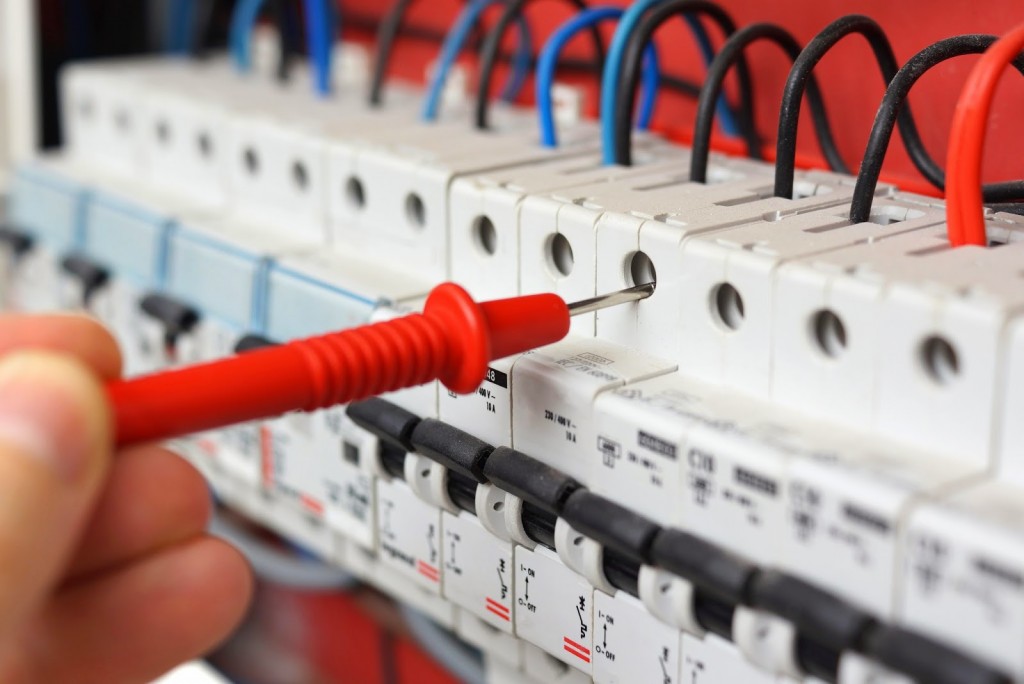Do you have an interest in electrical installations and are looking to expand your knowledge? Or are you a bit of a dab hand at DIY and electrical tasks around the home and has this made you want to obtain a qualification or change careers? Does visiting websites like kalahari-electrical.com/lawrenceville/ and other electrician company websites make you excited for the future?
If so, taking a domestic electrical installer course may be just the thing for you.

What is a Domestic Electrical Installer?
There’s a lot of confusion around what a domestic electrical installer does and how they differ from an electrician; the two roles are not exactly the same. Domestic electrical installers will focus on domestic work, so for example work that would be carried out in someone’s home. Whether that means moving a light fixture or adding in additional power sockets, you need to have a clear understanding of what you’re doing, and be able to work safely and according to the regulations and standards; a domestic installer course will give you the knowledge, skills and qualifications.
A qualified electrician, like those on paulmacrina.com/service-areas/newton/, is able to undertake the installation and wiring for any type of premises. They’re qualified to take on more tasks and larger jobs, such as a commercial building. An example of an electrical company with electricians who carry out these kinds of jobs, is Get the Best Electrical Services – Electric Panel upgrades in Mint Hill. Panel upgrading is an important job, but a job best left to professionals like these and not something someone should try out in their own home.
A domestic electrical installer is more than a just DIYer though; it’s someone who is qualified to work in domestic dwellings. This qualification is suited to related trades such as heating engineers, plumbers, builders and kitchen fitters – perhaps you already do the work but have to get someone in the check and test it? If you become a domestic electrical installer, you won’t need to get your work tested by others – you’ll be qualified to check and test yourself.
Training as a fully qualified electrician takes time, so becoming a domestic electrical installer gives you another option, especially if you want to work only in a domestic environment.
What Should I Expect From the Course?
The domestic electrical installer course is growing in popularity. You don’t need previous experience or qualifications; this course will help you establish a baseline of knowledge to get you started, but you need basic maths and practical skills
The course is designed to give you all the fundamental knowledge you’ll need to carry out domestic electrical installations and to be able to inspect, test and certificate them.
You’ll be shown how to inspect and test any new or altered electrical circuits, including live and dead tests.
What Skills and Qualifications Will I Get?
The qualifications you’ll gain from a domestic electrical installer course will allow you to undertake domestic electrical work. After the training, you will be fully equipped to take on any domestic electrical installation, adding lots of skills to your arsenal.
You’ll gain City & Guilds recognised qualifications from City & Guilds and Logic Certification and with these, you’ll be able to join a recognised part P competent person scheme.
Whilst some qualifications differ across training companies, you can expect to gain the following:
- Domestic Electrical Installer (Part P)
- City & Guild Level 3 QCF qualification – 17th Edition Wiring Regulations
- Logic Certification Level 3 QCF qualification – Initial Verification, testing and certification of electrical installations
- Asbestos Awareness
- Manual Handling
- Fire Safety
These allow you to join a competent persons’ scheme (e.g. NAPIT).
Companies such as Logic4 training offer comprehensive training.
About the Author
Logic4training is one of the UK’s leading building services training providers, delivering electrical, gas, oil, plumbing and renewables courses, with new entrant routes available for those looking to upskill or change careers.
Contact Logic4training today to get ahead with your new career.
- What is the Ministry of Defences ELC Scheme? - December 21, 2023
- Rent a VPS (VDS) Server: What Characteristics Are Important? - September 28, 2023
- Technical Accounting Vs. Financial Accounting: What’s the Difference? - May 10, 2023
